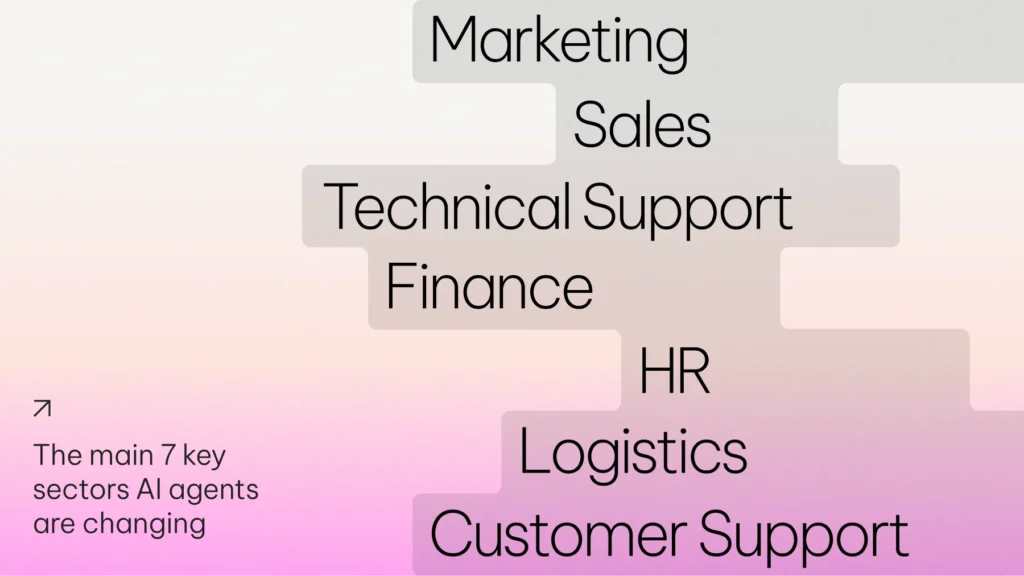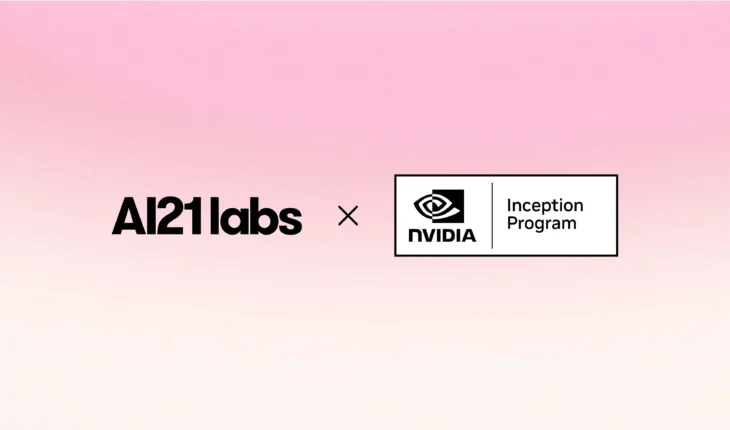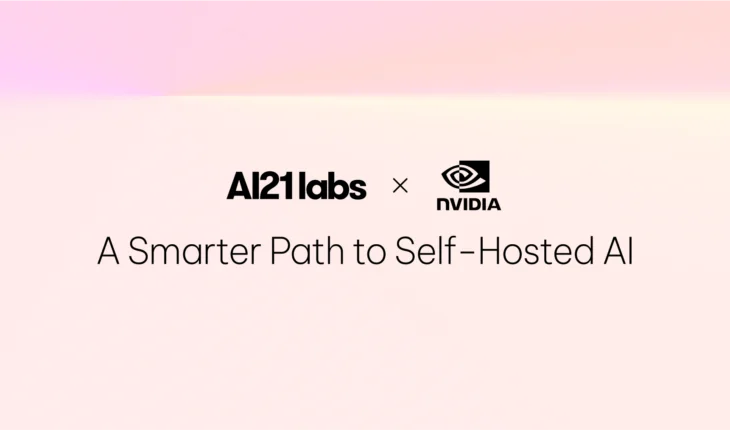Table of Contents

25 AI Agent Use Cases for Enterprises
For enterprises facing increasing complexity and data volumes, AI agents offer a practical approach to automation and decision support. These systems can execute multi-step workflows, monitor operations, analyze information, and deliver actionable insights across organizational functions.
This article explores how leading organizations are deploying AI agents to solve specific business challenges with measurable results. We’ve compiled use cases across seven key sectors to help you identify strategic opportunities for your business:
- AI agents for marketing
- AI agents for sales
- AI agents for technical support
- AI agents for finance
- AI agents for HR
- AI agents for logistics
- AI agents for customer service
Let’s examine how each of these areas is being transformed by AI agent technology.
AI agents for marketing
AI agents enable enterprise marketing teams to make data-driven decisions and execute targeted campaigns with greater precision. These tools analyze market trends, personalize customer interactions across channels, and automate repetitive tasks, allowing marketing professionals to focus on strategy development and creative work that drives business results.
Improved decision making
AI agents help marketers make informed decisions before investing in costly campaigns. By analyzing vast datasets—such as social media trends, industry publications, and enterprise records—AI can identify emerging patterns and provide actionable insights.
For example, a marketing team considering a new product launch but uncertain about timing can use AI agents to spot opportunities, such as a competitor’s strategic shift or a surge in searches for similar products. The AI agent can then offer detailed recommendations on the best course of action based on real-time market conditions.
Precision targeting
Customers respond better to personalized and relevant marketing messages. AI-powered machine learning tracks real-time data, behavioral patterns, and browsing history to deliver dynamic content that adapts to each customer’s interests—enhancing their purchasing journey.
An AI agent can determine the most effective engagement method, whether that’s delivering a discount code through an app for frequent in-store shoppers, sending targeted direct mail offers to loyalty program members, or identifying high-value customers who qualify for VIP experiences.
Task automation
AI agents streamline marketing workflows by automating routine tasks such as scheduling social media posts, analyzing online content for campaign inspiration, and managing marketing admin work. These agents can categorize messages, draft personalized emails, and optimize pay-per-click (PPC) campaigns in real time.
For instance, marketing teams seeking press mentions for social media can simply ask, “Were we mentioned in the press this week?” and receive an instant, factual response with links—saving time and effort.
Content automation
With eCommerce sales set to grow by 39% by 2027, businesses need scalable content solutions to stay competitive. AI-powered content generation can assist with drafting and optimizing a wide range of materials, including emails, blogs, site content, and product descriptions.
A busy marketing team experiencing a decline in organic search visibility may want to adjust its SEO strategy while also managing high-volume content needs, such as listing thousands of SKUs. Instead of hiring additional staff, AI agents can generate brand-aligned product descriptions at scale, allowing human marketers to focus on strategy and refinement.
Conversational chatbots
Conversational AI agents improve customer interactions by guiding shoppers through product catalogs, answering inquiries in real time, and increasing purchase confidence.
For example, if a customer lingers on a product page longer than average, an AI-powered assistant can proactively initiate a chat, saying, “Hey! Need help finding the perfect shoe? I can run a quick fit test for you.” This personalized approach reduces hesitation, improves user experience, and boosts sales conversions.
AI agents for sales
AI agents help enterprise sales teams streamline workflows throughout the sales cycle. These tools handle administrative tasks, identify qualified leads, and create tailored content, allowing sales professionals to dedicate more time to building strategic customer relationships and closing high-value deals.
Meeting scheduling
AI streamlines the labor-intensive task of scheduling meetings with prospects by automating follow-ups and ensuring resource availability. For instance, a salesperson who integrates an AI agent with their CRM and phone system can simply mention ‘booking a follow-up’ to schedule a meeting date and set a reminder. After the call, a full transcript is saved to the CRM, fostering better customer relationships over time.
Sales prospecting
Sales teams can train AI agents on their Ideal Customer Profile (ICP) to scan social media platforms like LinkedIn for indicators of potential leads. For example, if individuals follow competitors or engage with relevant topics on LinkedIn, the AI agent can add them to the CRM as warm leads, primed for outreach.
Sales content creation
Sales teams frequently address customer inquiries about specifications, features, and unique selling points (USPs), requiring them to provide prospects with pertinent information. AI agents can access an integrated knowledge base built on company data, enabling the generation of highly specific content within approved guidelines.
For instance, if a prospect mentions a competitor, a sales agent can utilize the knowledge base to extract USPs and differentiators into a branded template or even produce a concise video explainer. Additionally, the AI agent can draft a compelling email, incorporating information from the prospect’s public LinkedIn activity, and place the prospect into an appropriate communication and follow-up sequence.
AI agents for technical support
AI tools can detect customer intent, offer hybrid support, and categorize tasks, helping close support tickets faster. In fact, according to a Zendesk AI-powered CX Trends Report 2024, 75% of CX leaders believe the skillsets of support teams will look drastically different in three years as agents become ‘AI managers.’
Personalised assistance
AI agents can classify customer support inquiries based on perceived intent and previous interactions, utilizing natural language processing (NLP) to route requests to appropriate teams.
For example, a telephone support team can deploy an AI agent as the initial point of contact to assess a caller’s needs. High-urgency issues, such as performance problems or data loss, can be escalated promptly, while other tickets may be addressed through automated messages or first-line agents.
Task categorization
AI agents orchestrate complex business workflows involving multiple departments. They triage incoming support queries to ensure they reach the correct teams efficiently. Based on keywords and historical interaction analysis, AI agents can suggest appropriate actions, such as providing templated responses from the corporate knowledge base for agent review.
Employee empowerment
With access to internal multi-tenant data storage, AI agents retrieve information from company resources—such as websites, manuals, or tools—delivering quick and accurate answers to internal queries. This capability boosts support staff confidence.
For instance, a new support team member facing a challenging question can input the issue in natural language; the AI agent analyzes similar cases and offers explanations, which the human agent can then validate with a supervisor.
Reduced admin
AI agents alleviate tedious and time-consuming processes within busy support teams. They handle simple tickets, guide customers through FAQs and user manuals, and automate the review of call transcripts.
For customers, repeating issues to multiple agents is frustrating. An AI agent ensures that key details from call or chat transcripts are saved as concise summaries, enabling subsequent agents to quickly understand the context and provide effective assistance.
AI agents for finance
AI-powered FinOps (Finance + DevOps) is helping financial institutions make data-driven decisions. The latest AI agents can detect suspicious transactions, while ML classification algorithms and predictive models can guide the most important business decisions.
Identification of fraud patterns
AI programs can be trained to display the percentage of fraud probability on real sales orders from customers. Mastercard, for example, uses AI to scan transaction data across billions of cards to pick up current issues.
These AI agents can detect new, complex fraud patterns and prevent them from emerging. Red flags can alert cybersecurity teams, and failsafe systems can activate upon multiple attempts of suspected fraudulent behavior.
Document verification
Manually verifying documents like IDs and passports is labor-intensive and prone to errors, potentially exposing financial businesses to fraud. AI agents can automate document scans and detect nuanced patterns in financial data.
Finance teams can employ AI agents to evaluate customers comprehensively, considering factors such as credit scores, credit histories, email addresses, IP addresses, and login attempts to determine creditworthiness accurately.
AI agents for HR
AI agents are adept at automating repetitive tasks like scheduling, monitoring employee performance, and answering HR-related queries through the use of AI trained on semantic data and internal knowledge. However, there’s more that’s possible with AI agents.
Inclusive hiring
AI can promote inclusive hiring by eliminating biases and improving screening efficiency. By anonymizing candidate information—removing names and identifying factors—AI ensures that applicants are assessed solely on their fit for the role.
An HR team can configure an AI agent to select the best candidate based on multiple criteria, such as attitude, aptitude, and alignment with successful employees. Instead of focusing solely on traditional factors like years of experience or education level, AI agents can broaden the selection process, fostering a more inclusive hiring approach.
Employee sentiment analysis
It can be challenging to turn employee survey data into actionable insights. AI agents monitor internal feedback channels, analyzing trends in job satisfaction and workplace culture.
HR teams can distribute surveys, and AI agents will analyze responses at scale, identifying key sentiments, extracting recurring themes, and summarizing suggestions. This provides data-backed recommendations to improve retention and employee engagement.
Workforce optimization
AI models can analyze historical and real-time sales data to predict staffing needs, ensuring optimal workforce allocation, particularly during peak periods.
For instance, a team that regularly hires seasonal staff can train an AI agent to assess forecasting data, historical support volumes, and current workload fluctuations. This enables HR to hire staff at the right time and assign them to the most suitable teams—enhancing efficiency and potentially reducing temporary labor costs.
AI agents for logistics
The Retail AI Council reports that 36% of employees use generative AI for tasks such as inventory management. It’s now possible to create a risk-resilient and sustainable supply chain, whether using goal-based agents with simple robotics to perform predictable, functional tasks, or advanced hierarchical AI agents to create fully optimized warehouse functions.
Optimized delivery routing
Hierarchical AI agents optimize delivery schedules by analyzing traffic patterns, order priorities, and warehouse locations. They dynamically adjust schedules and launch alternative routes when disruptions occur.
For example, if roadworks are detected in a delivery area, an AI agent can trigger a call-back strategy to pull stock from an alternative location or notify customers of a potential delay via email—possibly including a discount code to maintain customer satisfaction.
Warehouse automation
AI-powered robotics and computer vision technologies improve warehouse operations by automating sorting, packing, and storage allocation. Computer vision, powered by neural networks, enables systems to extract meaningful insights from visual data.
A warehouse manager can use sensor information to identify overcrowded spaces and model an optimized racking plan without physically disrupting the warehouse setup.
Optimized stock levels
Failing to anticipate market trends can disrupt production schedules. AI agents help mitigate this by predicting peak demand periods, identifying potential equipment failures before they cause disruptions, and preemptively ordering replacement parts.
In a busy warehouse, AI agents analyze website sales and racking sensor data, using predictive insights to adapt to real-time demand shifts. As items are picked and orders are placed, AI calculates future stock levels and automatically triggers reorders when necessary.
Enhanced deliveries
Speed is essential in delivery, but ensuring products arrive in perfect condition is just as critical. AI agents assist in directing warehouse robots, detecting damaged goods before shipment, and ensuring only intact merchandise is dispatched.
For instance, if a sensor flags a wet or stained label, the AI agent alerts the warehouse team about potential package damage. Similarly, an AI-triggered alert can divert a compromised parcel away from the packing bay for further human inspection, preventing defective deliveries.
AI agents for customer service
With hiring costs steadily rising – up 14% from an average of $4,129 per hire in 2019 to $4,700 in 2023 – AI agents have become a natural choice for repetitive customer service tasks. But the latest breed of AI intelligence is wasted on admin alone.
It’s now possible for AI to efficiently route and resolve customer inquiries and to use sentient analysis and natural language processing (NLP) to understand free-form human language. Brands like Klarna have found that AI agents can see customers resolve their errands in less than 2 minutes compared to 11 minutes.
Sentiment analysis
Using NLP and sentiment analysis, AI agents can instantly recognize and process voice queries or retrieve answers from documents and records.
Machine learning algorithms enable AI to interpret speech content and emotional tone. Customers no longer need to search for a “Contact Us” page. If they exhibit behaviors like multiple clicks on a help page or hesitation on a support button, AI can proactively serve as a Q&A tool to resolve their queries without escalation.
Predictive churn analysis
Customer churn is a significant business challenge, but early detection can prevent it. Predictive AI agents analyze customer engagement patterns to identify subtle signs of dissatisfaction.
If a customer or account is flagged as being at risk, an automated re-engagement strategy can be triggered. This may include sending a retention email, offering a discount, or scheduling a follow-up with a human agent. These actions can be seamlessly integrated with third-party tools and logged in a CRM for future insights.
Corporate knowledge base
A corporate knowledge base, built on a vector database, can train AI agents on internal documentation. Combined with natural language tools, this ensures that AI-generated responses are accurate and contextually relevant—far surpassing early chatbot iterations.
For example, if a customer recently purchased running shoes, they could ask specific questions and receive natural, engaging responses, such as, “These have a really solid base. Do you do much trail running?”—creating a more satisfying, two-way conversation.
Predictive analysis
The ideal customer service scenario is preventing issues before they escalate. AI agents can detect changes in tone and behavioral patterns, signaling the early stages of a potential problem.
For instance, an airline could identify passengers who may need assistance based on their travel history, behavior, and preferences—allowing staff to intervene early in the check-in process. Delta Airlines implemented a similar approach, leading to a 12% increase in customer satisfaction and a 10% reduction in service-related complaints.

Driving efficiency and automation with AI agents in the enterprise
AI agents are transforming enterprise operations by automating repetitive tasks, improving decision-making, and enhancing productivity.
From customer interactions and marketing campaigns to inventory management and workforce planning, AI agents enable organizations to work smarter and adapt to changing demands.
As AI technology continues to advance, enterprises that embrace these intelligent systems will gain a competitive edge in efficiency, scalability, and long-term growth.


